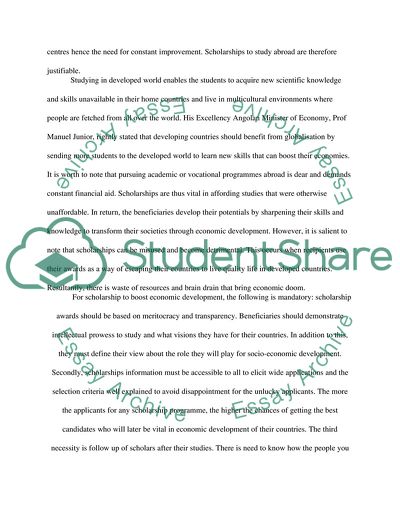Cite this document
(Social Progress and Increased Income Essay Example | Topics and Well Written Essays - 2500 words, n.d.)
Social Progress and Increased Income Essay Example | Topics and Well Written Essays - 2500 words. Retrieved from https://studentshare.org/education/1789172-scholarship-program
Social Progress and Increased Income Essay Example | Topics and Well Written Essays - 2500 words. Retrieved from https://studentshare.org/education/1789172-scholarship-program
(Social Progress and Increased Income Essay Example | Topics and Well Written Essays - 2500 Words)
Social Progress and Increased Income Essay Example | Topics and Well Written Essays - 2500 Words. https://studentshare.org/education/1789172-scholarship-program.
Social Progress and Increased Income Essay Example | Topics and Well Written Essays - 2500 Words. https://studentshare.org/education/1789172-scholarship-program.
“Social Progress and Increased Income Essay Example | Topics and Well Written Essays - 2500 Words”, n.d. https://studentshare.org/education/1789172-scholarship-program.


